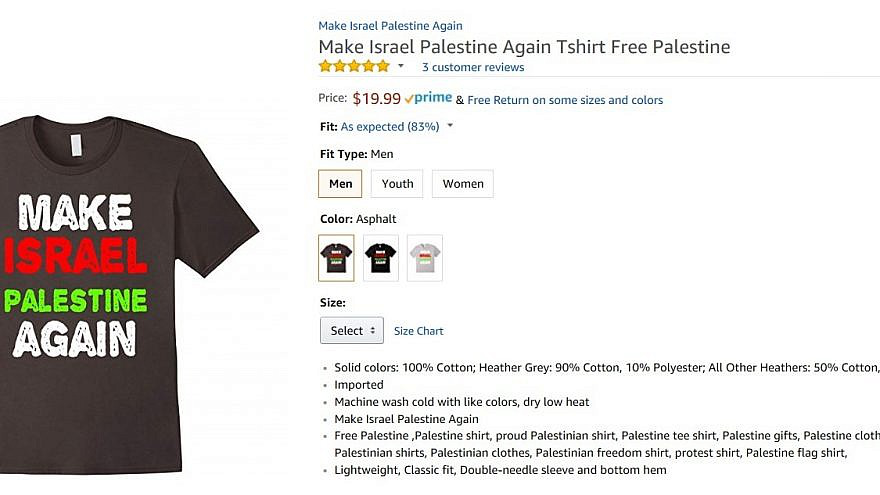Tag: Washington Post
-
Amazon, Israel, and the Occupation of Palestine
As Amazon launches operations and deliveries in Israel, the e-commerce giant and its founder Jeff Bezos face increased scrutiny of their close ties with Israeli military, financial, and technology companies involved in the Occupation of Palestine, in addition to accusations of anti-Palestinian bias.
-
Israel tries to silence political protest
Ben Hubbard | Washington Post Israel is arresting a growing number of prominent opponents to its policies toward the Palestinians, say critics who are accusing the government of trying to crush legitimate dissent. In the most high-profile case yet, Jerusalem police detained the head of a leading Israeli human rights group during a vigil against…
-
Israel phone firm’s West Bank wall gag fails to amuse
Allyn Fisher-Ilan & Alastair Macdonald | The Washington Post 12 July 2009 A television advert for an Israeli cellphone firm showing soldiers playing soccer over the West Bank barrier has sparked cries of bad taste and prompted Arab lawmakers on Sunday to demand it be taken off air. The jaunty commercial for Israel’s biggest mobile…

